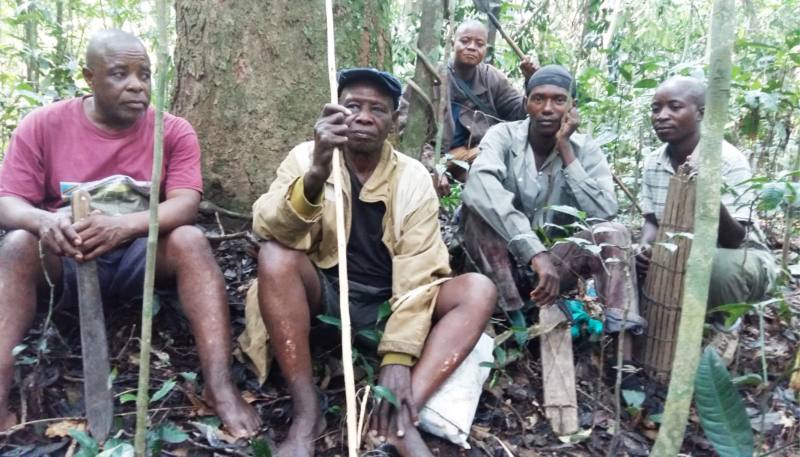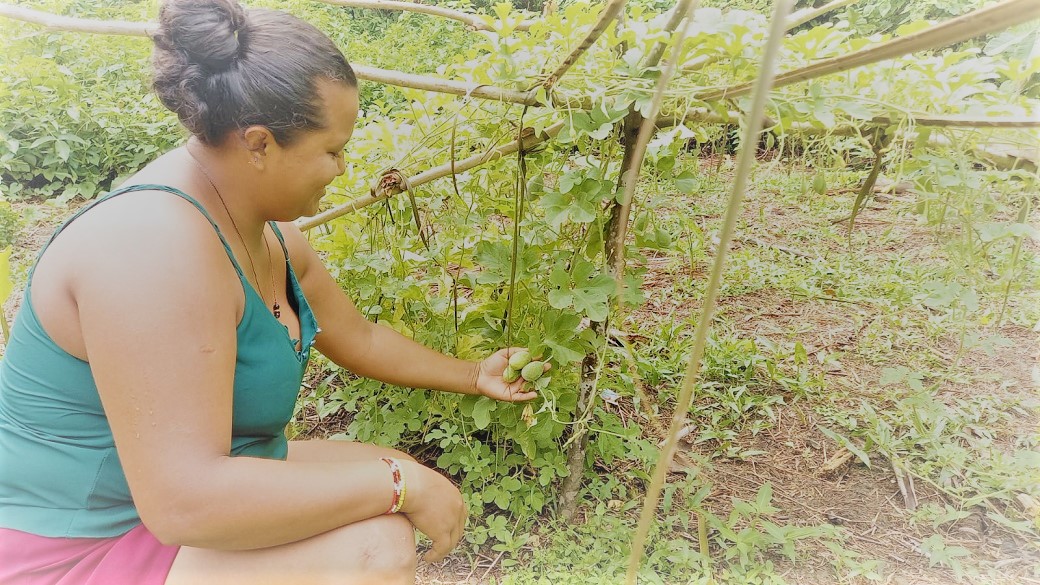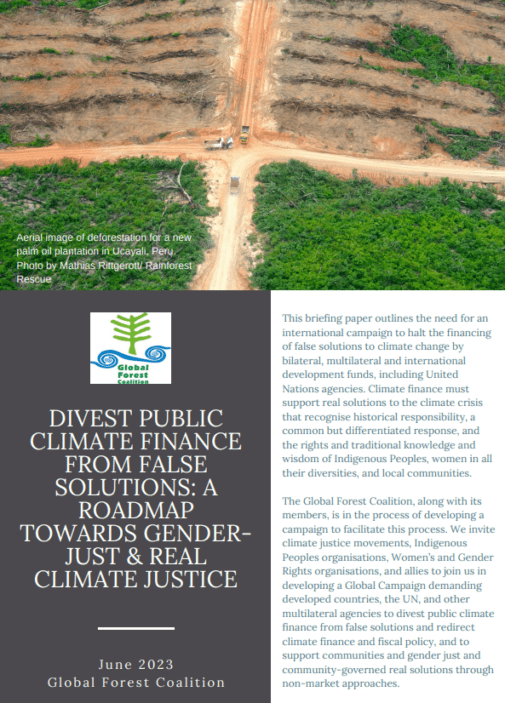Indigenous and community leaders demand support for their own conservation efforts and a halt to people-less conservation

4 July 2018, Montreal: Over one hundred Indigenous Peoples, local community representatives, and forest activists from across the world have gathered in Montreal to demand an end to top-down and people-less conservation models such as exclusionary national parks at the launch of the Fostering Community Conservation II Conference [1] today. Instead, they ask for more recognition of and support for local community conservation efforts in official conservation policy and practice.
The conference is being organized by the Global Forest Coalition [2] and is taking place from 4-8 July in parallel to the latest negotiations under the United Nations Convention on Biological Diversity (CBD) [3].
At the conference, community representatives are presenting the results of over four years of grassroots assessments in 68 communities of 22 countries [4] which detail a diversity of community conservation efforts spearheaded by Indigenous Peoples and Local Communities.
“Our assessments show that when communities self-organize to govern and manage their territories and areas, their conservation efforts can be more resilient, more effective and contribute more to local livelihoods than top-down approaches like state protected areas,” said Simone Lovera of the Global Forest Coalition. The assessments provide concrete ways in which state policy can better recognize and support such initiatives.
“Across the world, governments have used the conservation of land and wildlife as justification to remove indigenous peoples from their homes, many a times with the support of and/or silence of large international conservation groups. This violence in the name of conservation must end” said Souparna Lahiri of the All India Forum of Forest Movements, who was one of the facilitators of the Indian assessments.
“Indigenous Peoples of Kenya – like Maasai and Rendille peoples have conserved our forests for millennia and co-existed in harmony with flora and wildlife. We routinely stop poaching, logging, and illegal grazing in our territories,” said Edna Kaptoyo of the Indigenous Information Network in Kenya.
The community representatives also highlighted a large number of threats to their conservation efforts such as extractive industries like mining, which routinely compete with local communities for resources and destroy the environment.
“Most governments are giving perverse incentives and subsidies to such harmful activities in our areas- whether it is water guzzling plantations, toxic monoculture farming with genetically modified crops, or mining. These subsidies must be stopped and instead our communities should receive incentives for positive efforts related to sustainable livelihoods and conservation,” said Ines Franceschelli of Henoi Paraguay.
Notes
[1] The press kit and more information about the “Fostering Community Conservation II Conference” can be found here: https://globalforestcoalition.org/fccc-2018/media-and-news/
[2] Global Forest Coalition is a worldwide coalition of 93 NGOs and Indigenous peoples’ organizations from more than 60 different countries striving for rights-based, socially just forest conservation policies. Link: https://globalforestcoalition.org/media
[3] The UN Convention of Biological Diversity’s 22nd meeting of the Subsidiary Body on Scientific, Technical and Technological Advice (SBSTTA-22) is taking place in Montreal, Canada, from 2 – 7 July 2018: https://www.cbd.int/sbstta/
[4] The assessments were conducted under the Community Conservation Resilience Initiative (CCRI), a joint effort of the Global Forest Coalition with a large number of Indigenous and non-Indigenous organisations. Between 2014 and 2018 the initiative has carried out participatory assessments in over 68 local communities in 22 countries to document the resilience of community conservation initiatives and the support that should be provided to strengthen these initiatives. The CCRI aims to contribute to implementation of the UN Convention on Biological Diversity’s 2011-2020 Strategic Plan for Biodiversity and Aichi Targets. See: https://globalforestcoalition.org/resources/supporting-community-conservation/
Credit photo: PIDP/GFC
Contact info:
Ashlesha Khadse (Media Officer, GFC)
Cell (Canada): +1 4389959605
whatsapp: +91 8600839193
Email: ashlesha@globalforestcoalition.org
Website: https://globalforestcoalition.org/media
Social media
Facebook: bit.ly/gfc123
Instagram: global.forest
Twitter: @gfc123
Smugmug: https://globalforestcoalition.smugmug.com








